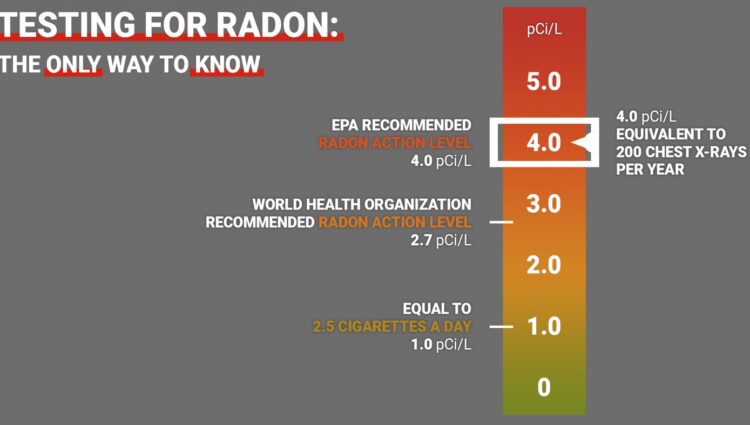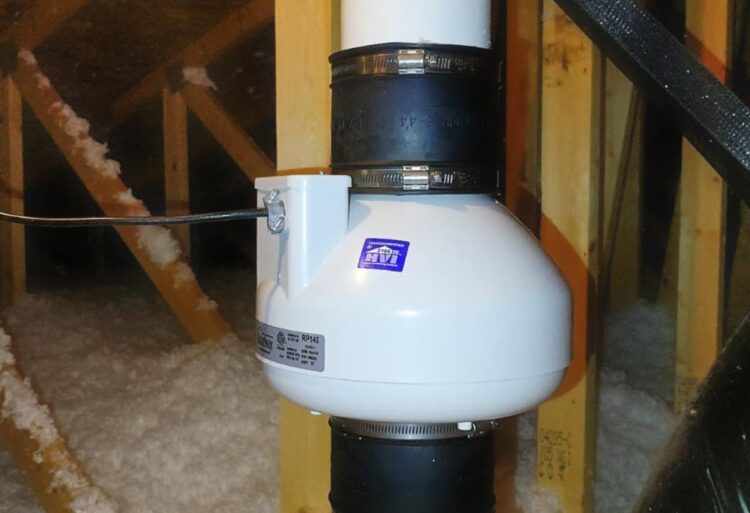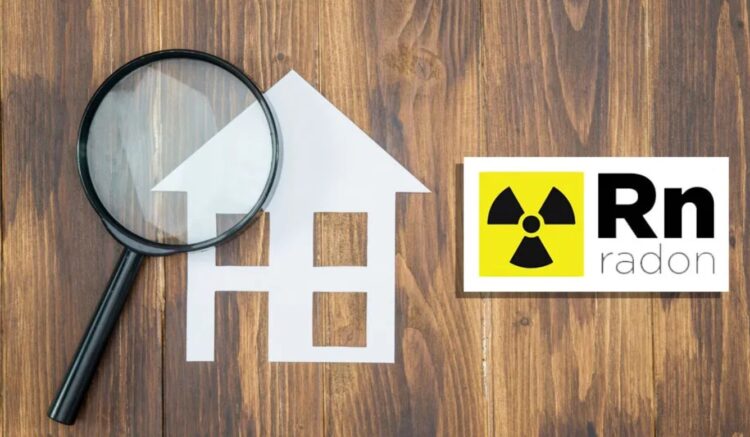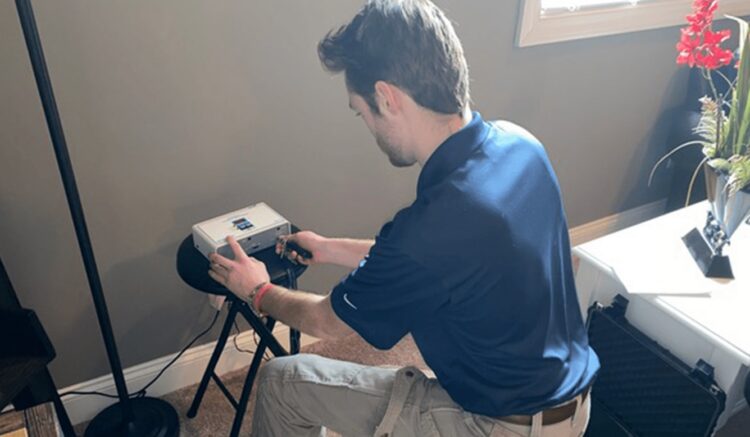Radon is a deadly radioactive gas that is made of uranium, thorium, or radium. It is formed due to the breakdown of the uranium in soils, rock, water.
This gas is invisible and cannot be smelled. It is present beneath the surface from where it escapes out and enters your house through cracks and holes in the building’s structure. It can even spread through water that you use.
Whether it is a new house or an old one everyone can face this issue. As we tend to spend a large amount of time in our home, we will experience greater exposure to it.

Why is it important to get it tested?
According to EPA, one out of every 15 homes in the United States suffer from high radon level (usually greater than 4 pCi/L or more)
It has been identified that Radon gas has been one of the important factors behind lung cancer. People who smoke and live in a condition where this gas has a higher level are more susceptible to lung cancer.
According to EPA radon is responsible for nearly 21,000 death every year. According to EPA and Surgeon General,
It is important to test the level of this gas in your home to ensure the safety of your family. The radon level for every household can be different and thus assuming that if your neighbor has a certain radon level it will be the same for you. No!!
Every house can have a different level. If testing identifies a higher level of this gas, then you must hire a professional radon mitigation company that can help in managing these levels.

Things to keep in mind while buying a house:
(a) Follow these steps if the house has been tested before
In case you are buying a house, then you can ask for a previous test that was conducted by the seller or ask them to conduct a test by hiring a professional radon mitigation company. Once he provides you with the test result keep the following in mind:
- Compare the previous and current results.
- The test was conducted by whom whether it was the seller or radon professional.
- The level on which the test was conducted. One can prefer to test it in the basement as the concentration is higher there.
- If any change in ventilation, changes in the heating, structural changes, and air conditioning system were done after the test results.
(b) Follow these steps if the house has not been tested before
Get the place tested as fast as possible. Consider the following things regarding the test:
- Where is the test going to happen?
- The test will be conducted by whom?
- Identify the type of test that will take place?
- Who will pay for the test and how will the result be interpreted?
- If radon is detected what could be the possible solution to it.

Methods of testing Radon
Using Radon Devices: Radon cannot be seen, smelled, or tasted; therefore, specialized equipment is used to detect it. You can order the testing from any qualified radon mitigation company. You can also hire a radon mitigation company having prior experience in resolving such issues. The devices are of two types:
(a) Passive Devices: These devices operate without power. They can be ordered online or can be bought from any hardware store. These are cheap. To check the level of radon using these devices you must keep them in at a specific place for a fixed duration. Once this is done you need to send the sample for testing. Radon Mitigation Company can use any of these devices.
(b) Active Devices: These devices operate with power. These devices include continuous radon monitors and continuous working level monitors. These devices constantly record the amount of radon. The test results are far more advance. They are more advance and expensive. These devices should be placed at the lowest possible point. Prefer the testing place according to the way the buyer wants to utilize the space. This could include a bedroom, play area, family room, workshop, etc. Do not carry tests in closed spaces.

Erie-environmental sharing few Precautions to be kept in mind while carrying out test:
Be aware all the time. If the test is not carried properly, it may cost you your life. If you feel there is the slightest possibility of inaccurate results, then conduct the test again. If you feel these steps have not been followed you can carry the test again:
The test should be conducted for at least 48 hours.
- Check the credentials of the radon mitigation company before carrying out the test for you. Check whether he/she is qualified and ask for a Photo Identification (ID) and license of the company.
- Maintain closed-house conditions during the entire duration for a short-term test.
- It is essential to submit the sample to the laboratory to infer the findings. Be specific about the start, end and test location, etc asked in the form.
- The devices should be immobile for the whole duration.
- It is important to guide the person residing about the test methodology, inferences in detail. If possible, hand them a copy of Dos and Don’ts about the whole process.

Interpreting the test concluding:
The safe level for radon should be around 1.3 pCi/L and 0.4pCi/L should be present in the air outside.
If the level is less than 4 pCi/L you are at a greater risk. It can lie between 2 pCi/L to 4pCi/L.
Short Term tests do not produce fine results thus long term is more preferred. EPA believes any level of Radon is harmful. But one should take every step to reduce it. This will reduce the chance of getting lung cancer. The possibility of having cancer may increase if any on this situation arises:
- The place has a high amount of this gas.
- The duration of time you spend in your house.
- Risk increases if you are a smoker.
The post What Level of Radon is Safe? appeared first on FotoLog.
from FotoLog https://ift.tt/3o75gTi
via IFTTT



0 Comments